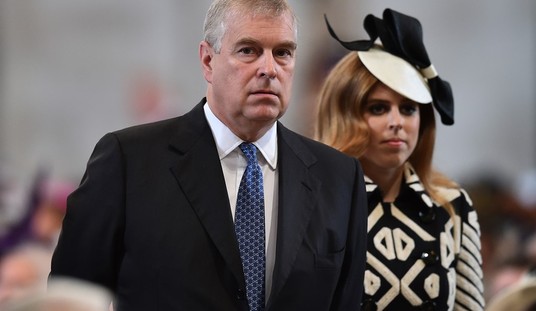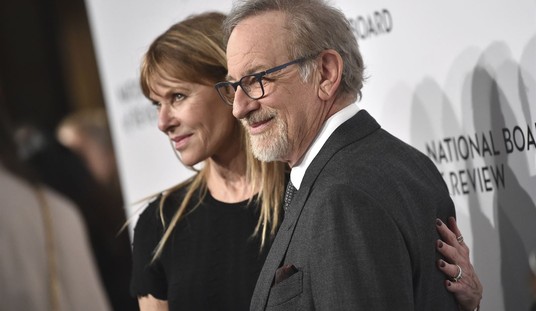I’m confused. Didn’t Twitter suspend the AOC satire account? The idea that the US Postal Service is a good model for any kind of “public option, let alone banking, is an absolute riot. Get a load of the Bernie Sanders look-alike the producers used here too, nodding along and saying “that’s right” to this nonsense. Whatever else is wrong with our politics, at least it produces first-rate comic acts.
Wait, what? This is for real? Come on, man:
.@RepAOC "We should have a not-for-profit public option for basic banking services, and we should be piloting these projects through the @USPS" #postalbanking pic.twitter.com/dobyU4hdT2
— Take On Wall St (@TakeOnWallSt) May 9, 2019
Just how successful is the USPS in its “public option” model for the mail? It lost money for at least the twelfth straight year in 2018, with losses increasing by nearly a third from 2017. Those losses came despite a revenue increase and a significant uptick in its package-delivery service:
The U.S. Postal Service on Wednesday reported a financial loss for the 12th straight year, citing declines in mail volume and the costs of its pension and health care obligations, as the agency braces for an upcoming report ordered by President Donald Trump to address its “unsustainable financial path.” …
The Postal Service reported a loss of $3.9 billion for the budget year that ended Sept. 30, compared with a $2.7 billion loss the year before.
A nearly 7 percent increase in package delivery was unable to offset drop-offs in letter mail, which makes up more than 70 percent of total revenue. First-class mail volume fell by roughly 2.1 billion pieces, or 3.6 percent, as people in the digital age rely more on email for online bill payments.
Revenue was $70.7 billion, compared with $69.6 billion last year, but there were higher transportation and labor costs from delivering more packages.
Note well the irony in the explanation for the decline in first-class mail. More people would rather go online to do their banking and bill-paying than rely on the Post Office. How many of those people would expect to get better banking services in a USPS model?
The suggestion came during an event in which Ocasio-Cortez and Sanders proposed tighter caps on credit-card interest rates, supposedly to trim consumer debt. They called the current average credit-card rate “loan sharking”:
Sen. Bernie Sanders and Rep. Alexandria Ocasio-Cortez introduced on Thursday a plan to rein in the profit banks can collect from consumers, proposing to cap credit card interest rates at 15%.
“Despite the fact that banks can borrow money today at less than 2.5% from the Federal Reserve, the average credit card interest rate today for consumers is a record-breaking 17.71%,” the Vermont Senator and freshman Queens Congresswoman said in a statement about the plan. …
“At a time when the American people hold a record $1 trillion in credit card debt and desperately need relief, we need to establish a national maximum interest rate of 15 percent on credit cards and other consumer loans,” Sanders and Ocasio-Cortez said in their statement.
They added that credit card companies that charge over 20% interest on credit cards are “involved in extortion and loan sharking.”
Bear in mind that there is a significant difference in the type of lending between banks borrowing from the Federal Reserve and credit-card debt. The former is secured lending, made stronger by FDIC insurance that protects depositors of banks and to some extent its creditors as well. The latter is unsecured debt, liquidity provided on trust alone and usually not intended for long-term debt balances. It’s the riskiest credit to extend and the interest rates reflect the overall risk. That’s why it’s best to avoid credit cards at all, or to pay them off every month.
At least this part of the proposal falls within rational policymaking. The FTC already regulates caps on interest rates to prevent usury and “loan-sharking,” so to speak, so negotiating the caps on those regulations is fair game. Even that is tricky, though; if the government does not allow lenders to price in the risks of unsecured credit, we will see access to credit cards dry up for all but the safest risks — who probably won’t use credit cards heavily either.
What we don’t need is government to compete in yet another industry it also regulates. A “public option” for banking is ludicrous on its own, even without suggesting that it be modeled on the perpetual red-ink Post Office model.








Join the conversation as a VIP Member